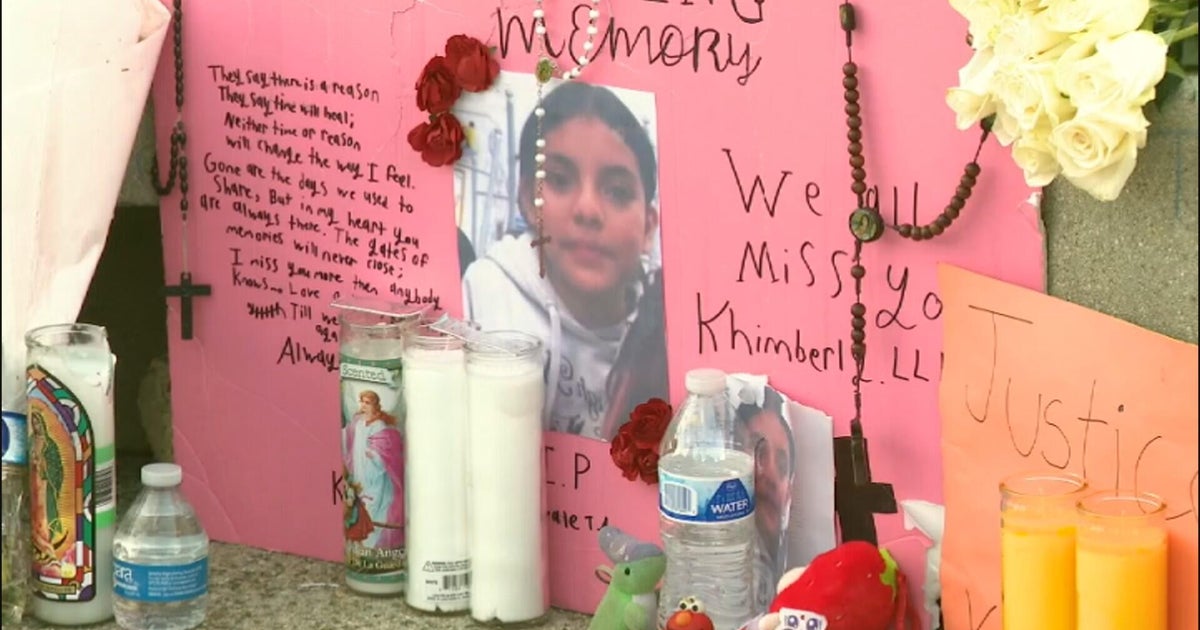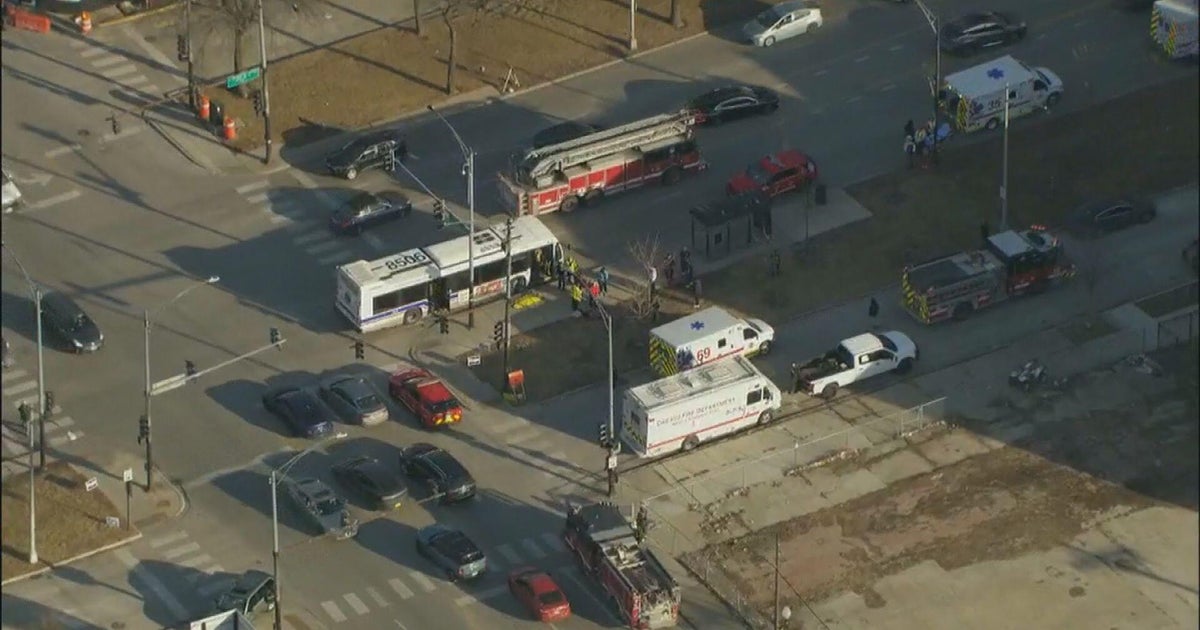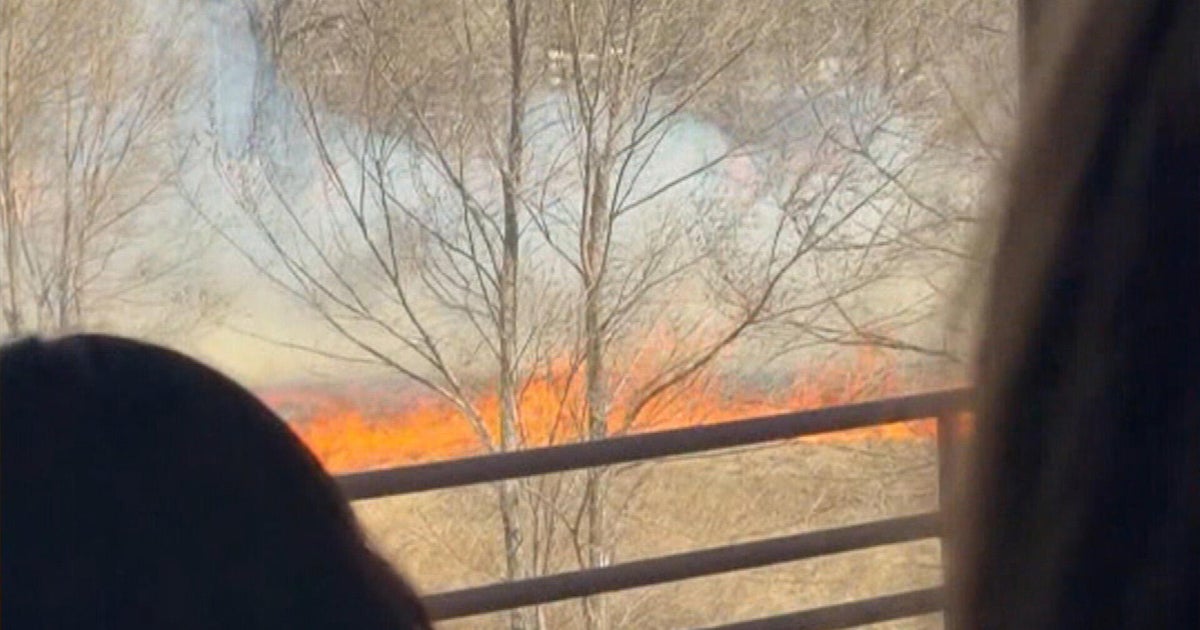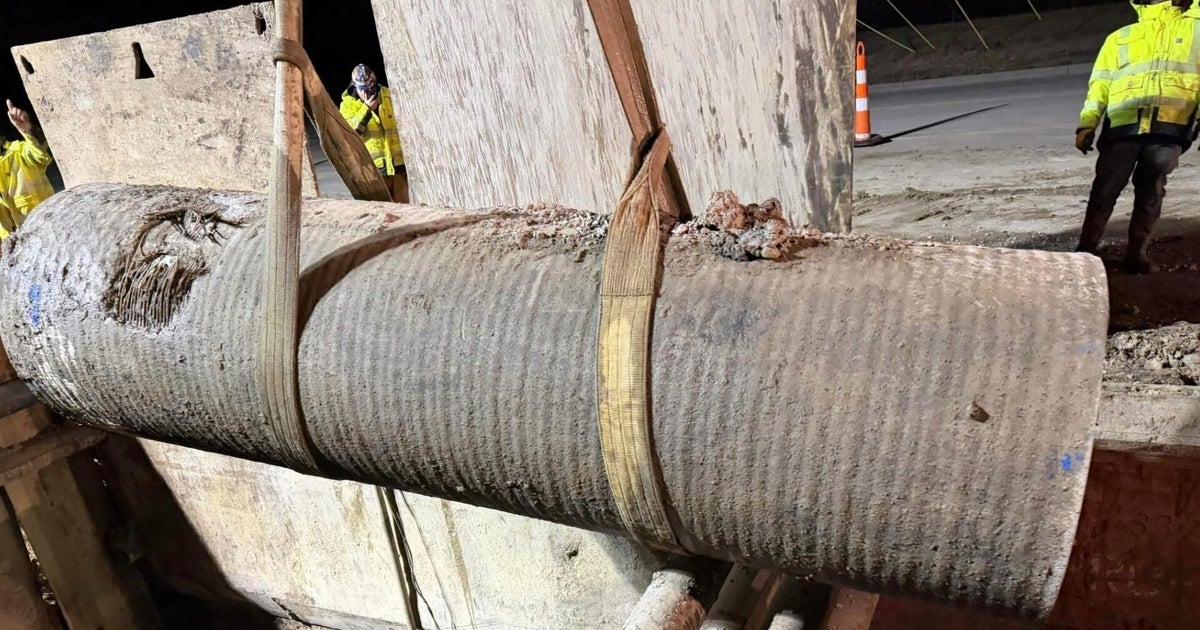Boston Bombing Has Local First Responders Reviewing Plans
ROSS TOWNSHIP (KDKA) -- Blisters, cramps, dehydration, maybe a heart attack, but an explosion is generally not the first thing first responders prepare for when working a marathon.
"Boston was as ready as anybody could be. There were medical tents within a few hundred feet of where the first blast had happened," says Greg Porter, the director of Ross EMS. "The medical tent that was designed for blisters and dehydration and things of that sort quickly became a triage site."
Doctors, nurses, trainers, along with fire, police, and EMS staff these tents.
From band aids, to crash carts, to trauma supplies, they are equipped for any emergency.
"We have tourniquet and bleeding control that is as high-tech as you can possible have today," says Porter.
A sudden change of plans is just an everyday part of the job.
"Probably what we do best is switch gears and think on our feet and make swift decisions in critical situations," Porter explains. "It really looks like Boston stepped up and did a tremendous job. I hope if I'm ever in that situation people say the same of how we respond."
Pittsburgh is likely to take lessons from Boston into account.
"I'm sure every city in the United States right now is looking at their civil defense and homeland security plan," Porter says.
"We'll look to see what comes out of Boston, and we'll review our medical plan, and if needed, change some things," says Pittsburgh Marathon Medical Director Dr. Ronald Roth.
With the Pittsburgh Marathon just weeks away, everyone has their guard up. But preparations will be the same. The EMTs will be ready for sprained ankles, as well as mass casualties.
RELATED LINKS:
More Health News
More Reports on the Boston Marathon Bombing







